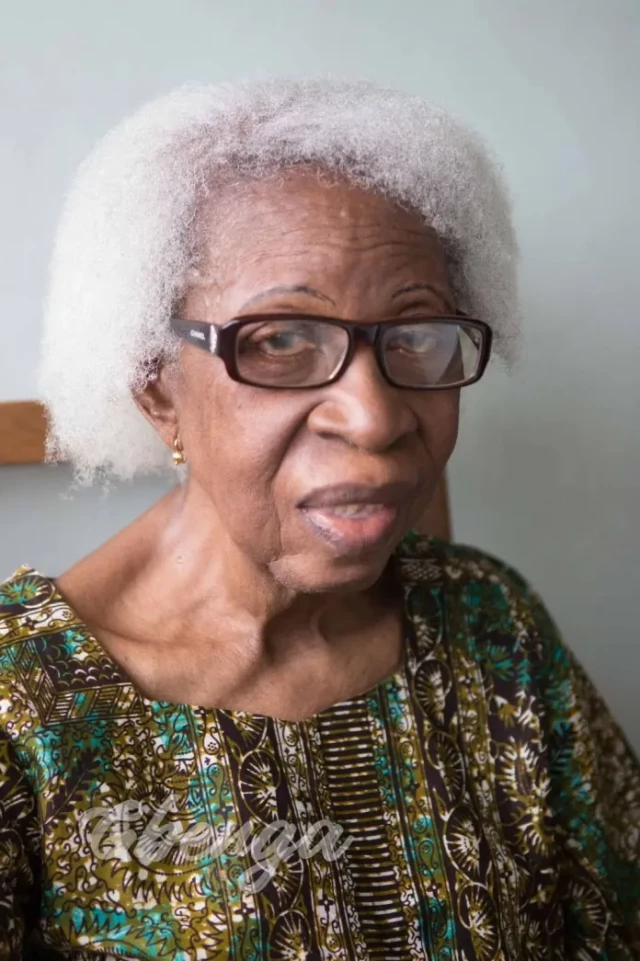A former table tennis champion from Nigeria and a celebrated writer, administrator, broadcaster, and diplomat, Mabel Segun, has passed away at the age of 95.
Known for her strong advocacy for women's rights, she reportedly died following a brief illness in Nigeria.
Her family publicly announced her death in a statement released on Thursday, expressing gratitude to God for her extraordinary life dedicated to excellence in Literature, Broadcasting, and Sports.
The statement read, “It is with gratitude to God for a life well spent in the pursuit of excellence in Literature, Broadcasting and Sports that we announce the passing of our beloved mother, grandmother and great grandmother, Mabel Dorothy Okanima Segun (nee Aig-Imoukhuede).” Segun passed away during the early hours of March 6, 2025, and details regarding her funeral arrangements will be shared later. She is survived by her son, Gbenga Segun; daughter, Omowunmi Segun; and many grandchildren.
Segun left behind a remarkable legacy of accomplishments and contributions to Nigerian society. Born on February 18, 1930, she was a true pioneer, breaking new ground throughout her impressive career.
Segun attended university in Nigeria, graduating from University College Ibadan (now known as the University of Ibadan) in 1953 with a degree in English Literature, Latin, and History, marking the start of a distinguished academic and professional journey that spanned various regions of the country and beyond.
Her passion for education led her to become a teacher, serving in secondary and tertiary institutions from 1953 until 1958. She later assumed the role of Head of the Department of English and Social Studies and Vice-Principal at the National Technical Teachers’ College in Yaba.
Her commitment to her students and her pursuit of excellence establishing her reputation as a distinguished educator.
Segun’s literary journey was characterized by her versatility and creativity. She authored children’s books, adult fiction, and non-fiction, leaving a lasting impression on Nigerian literature.
One of her notable works, “My Father’s Daughter,” provides an intimate look into her extraordinary life and offers insight into her experiences as a woman, a writer, and a Nigerian. Other significant titles by her include My Mother’s Daughter, Olu and the Broken Statue, The First Corn, The Twins and the Tree Spirits, and Under the Mango Tree, among others.




















